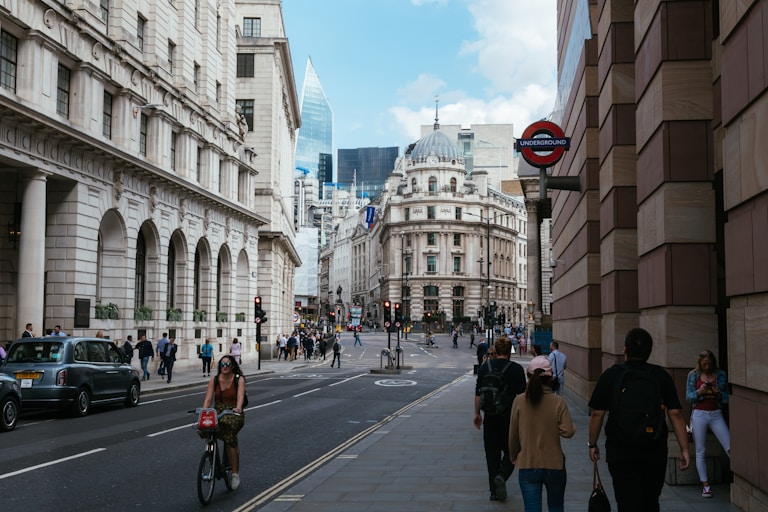The Bank of England has once again increased the interest rates in the UK, marking the 12th consecutive rise since December 2021. This latest hike raises the base rate to 4.5% and will have implications for individuals’ financial situations.
For the approximately 2.2 million people with variable rate mortgages, this news brings further negative consequences. Roughly half of them have either a base rate tracker or discounted-rate deal, while the other 50% are on their lender’s standard variable rate (SVR). Those with tracker mortgages, currently at 5.25%, will see their pay rate rise to 5.5%, resulting in a monthly payment increase of £21 for a household with a £150,000 repayment mortgage and 20 years remaining. While this may seem like a small amount, it signifies a significant rise of a third in just under a year, equivalent to an annual increase of £3,000. For those with larger mortgages, such as £500,000, the monthly payments will rise by £69 to £3,439 as a result of the interest rate increase.
SVRs are subject to the lender’s discretion, but most are expected to increase, although not necessarily by the full 0.25 percentage points. Some lenders may take time to announce their plans, but homeowners should be prepared for higher payments.
However, the approximately 6 million households with fixed-rate mortgages are not affected by the recent rise. They will only feel the impact when their current deal expires and they have to renew, which could be in a few weeks or several years. Furthermore, there is potential for even more significant impacts in the near future, as the US investment bank Goldman Sachs has warned that the Bank of England might need to raise interest rates to 5% this summer.
In terms of new mortgages, the past few months have been challenging for those seeking fixed-rate home loans. The mortgage market has stabilized compared to the chaos following last September’s Truss government mini-budget. However, mortgage pricing is not directly influenced by the Bank of England base rate and depends largely on money market swap rates. These rates have been slowly increasing, around 0.3% higher than they were a month ago in April. Several lenders offer fixed-rate mortgages at around 4.05% for buyers not borrowing more than 75% of the property’s value, and rates around 4.45% for first-time buyers with a £20,000 deposit.
On the positive side, savers may benefit from the interest rate rise. In the past, the best easy access savings rate was only 0.67%, but the successive rate increases have improved the situation. However, the highest-paying instant access account currently offers 3.71%, while the current rate of inflation stands at 10.1%. Online savings providers have been raising their rates to attract customers, and those willing to lock their money away for a year can receive 4.91% from certain providers.
Unfortunately, more people are expected to fall into arrears due to the interest rate hike. Last month, an estimated 700,000 UK households missed or defaulted on rent or mortgage payments. Advice has been given to those struggling to contact their lenders for support to avoid impacting their credit ratings. Missed payments could stay on credit files for up to six years, potentially leading to mortgage arrears, legal action, and even repossession.
Regarding credit cards and loans, new applicants can anticipate higher interest rates. However, existing borrowers with fixed-rate personal loans will not experience changes in their monthly payments.
In summary, the recent increase in UK interest rates will have significant implications for various financial aspects of individuals’ lives. Mortgage holders, especially those with variable rate mortgages, will face higher monthly payments, while savers may.




